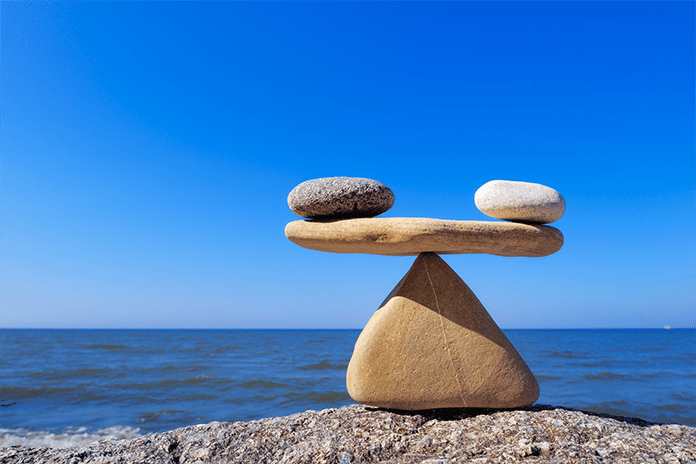September 20
Acupuncture Restores Balance & Reduces Stress
0 comments

While acupuncture can be used to combat many conditions, stress may be its natural enemy. Stress attacks on all levels: emotional, physical, cognitive and behavioral. The irony is that stress proves the interconnectedness of these aspects of our health, thus setting up acupuncture as the perfect solution. For thousands of years, acupuncture has based its success on a belief in this interconnectedness. Striking a balance between them is the foundation of the treatment.
Eastern philosophy has always taken the concept of visualization just a step further. With the belief that what you see and feel in your mind’s eye directly affects your actions, even your physical well-being, practitioners of traditional Chinese medicine (TCM) have always seen thoughts and emotions as the primary drivers of physical health issues. Acupuncture is used as physical therapy for the nervous system, which in turn controls all areas targeted by stress.
Emotional - Let’s start with the most obvious signs of stress. Stress causes us to become easily frustrated, agitated and moody. These feelings accumulate, leading us to feel overwhelmed. We have trouble relaxing or achieving peace of mind. Socially, we might avoid others. Mood-wise, loneliness and depression begin to set in.
Physical - Humans are not the only members of the animal kingdom to possess a “fight or flight” mechanism. In the wild, it exists primarily for life and death situations, with survival as its sole purpose. The other environment, the one created by people, tends to be swarming with all sorts of unnecessary but unavoidable triggers. The results is a litany of physical symptoms, ranging from headaches to diarrhea and nausea. Chest pain and rapid heartbeats can cause fear of cardiac arrest. Immune systems are weakened, allowing frequent colds and infections to set in. The ability to sleep becomes elusive, along with the ability to perform sexually. Even highly specific symptoms occur, such as grinding teeth or tinnitus, which is a ringing in the ear.
Cognitive - If the above symptoms persist, it is not long before someone begins to cognitively decline. Who could focus? We begin to make poor judgements. Our thoughts start racing and we worry constantly. Then, we forget more often and even become disorganized. Before long, our outlook changes. We start to become pessimistic, thus perpetuating all of the above.
Behavioral - Continuing with the mind-body connection, there cannot be cognitive changes without behavioral changes. Some might begin to show changes in appetite. Others start to avoid responsibility. Far too many suffering from stress will turn to alcohol, drugs or cigarettes. Even nervous tics are signs, from biting one’s nails to fidgeting or pacing.
Acupuncture not only restores balance, it saves lives. Does it eliminate stress altogether? Of course not. Daily life comes with its fair share of stress. Chronic stress, on the other hand, either leads to serious health problems or makes existing ones even worse. One of the keys to treating or coping with mental illness is stress management. The same goes for cardiovascular disease. Stress is no friend to gastrointestinal problems, skin and hair problems, sexual dysfunction or eating disorders. The list goes on. So how does acupuncture restore balance and reduce stress?
Studies show that acupuncture has a positive effect on what is known as Heart Rate Variability, or HRV. This promotes a healthy Central Autonomic Network, otherwise known as the brain’s “executive function.” Remember that fight-or-flight mode? Its opposite number is known as rest-and-digest mode. Heart rate variability is the measurement of how the heart rate varies in timing between heartbeats. It is how a doctor can gauge which state you are in, whether you are truly stressed or relaxed.
Our Central Autonomic Network, or CAN, is what inhibits our fight-or-flight response. This leads to more time spent in rest-and-digest mode. That is what will keep our patients in a non-stressed state of being and help you be in the present moment. Regular acupuncture sessions will cause your HRV to get into an optimal range which will, in turn, positively influence your Central Autonomic Network. Your working memory improve and you should find yourself more receptive to signals from your mind and body. This is key to reclaiming your life from stress. For your first “tune-up”, call today and make an appointment.
Tags